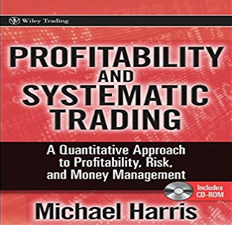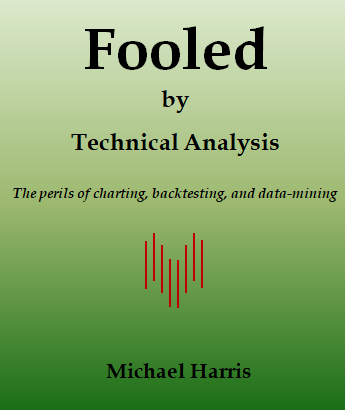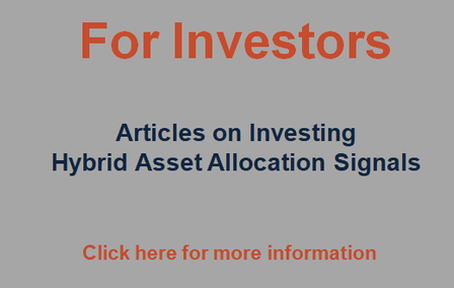Macroeconomic interpretations have started rivaling those of quantum mechanics. Is the economy in a recession or not? It seems the answer depends on the measurements taken in the face of ever-increasing macroeconomic complexity.
We are not in the 1950s, 1970s, or even 1990s. The world has changed dramatically in the last two decades. The exponential growth in information technology, together with globalization, has caused a significant change in the dynamics of economies around the world. Quantitative easing after the GFC and the monetary stimulus during the pandemic have given rise to a new economic regime. It no longer makes sense to compare economic conditions 30 or 50 years ago to forecast future conditions. It is simply not the same game and experiment, and because there are no past samples, making any inferences has become extremely hard. The old models are not applicable, yet a large fraction of economists continue to stubbornly use them since they have nothing else in their place.
Many economists predicted that a recession would start in the first quarter of this year, but the data released this week showed that the US economy grew at an annualized rate of 1.1%. At the same time, many economists predicted stronger growth above 2%; nevertheless, they seem happy with the lower number.
I believe “Schrödinger’s recession” is a term that was coined in the recent past to denote the increased uncertainty about the state of the US economy and the use of the “R” word by economists with conflicting views. It also appears that there is a measurement selection bias that collapses the (hypothetical) recession wave function to a definite state. It is all about uncertainty and complexity, and the lack of a historical sample makes it impossible to know what that definite state is.
Is a recession near or not?
There is no way to answer this question unless one can first answer the following two questions:
- What is the level of noise (and lag) in the data?
- Has the meaning of “recession” changed?
Models based on logistic regressions use several economic variables as input and attempt to provide a score for the target variable: 0 for no recession and 1 for recession. Given the recent numbers about the economy (GDP, NFP unemployment, retail sales, industrial capacity, etc.), they forecast a zero probability of recession. On the other hand, classical yield curve spread analysis indicates that the economy should have been in a recession already. What is happening?
I am not an economist, but as a quant, I can say this: the system has become too complex to forecast due to relentless interventions that have altered the dynamics to the point that any forecast is a coin toss.
In other words, a fair coin toss outcome, heads for recession and tails for no recession, has higher significance than most of the models, and I assume here that there may be some robust but proprietary models that we are not aware of.
This is what may be happening: due to 1 and 2 above, i.e., a high level of noise in reported data and a change in economic regime, the classification of a recession may have changed. The classical definition of a recession is two consecutive quarters of negative real growth. Due to high levels of debt, monetary stimulus, and other changes in the dynamics, two-quarters of negative real growth may not be required to define a recession. The more general definition could be as follows:
A recession is two consecutive quarters of real growth below X%.
What value of X should we use to define a recession, according to the above definition? There is no objective answer, and the value of X may be non-stationary and regime-dependent. Welcome to the new era of economic relativity resulting from the interventions and distortions of free market economics.
In reality, it does not even matter whether the economy is in a recession or not. Theories about recessions seem to have the same value nowadays as theories of a flat earth. Even if the growth is negative for two consecutive quarters, it may no longer be a recession in the classical sense. But if you want to make the recession wave function collapse, you are free to do it; just pick the right variables.
Premium Content
Online Books
Premium Articles
Systematic Market Signals
Trading Strategies
By subscribing you have immediate access to hundreds of articles. Premium Articles subscribers have immediate access to more than two hundred articles and All in One subscribers have access to all premium articles, books, premium insights, and market signals content.
Free Book
Subscribe for free notifications of new posts and updates from the Price Action Lab Blog and receive a PDF of the book “Profitability and Systematic Trading” (Wiley, 2008) free of charge.
Disclaimer: No part of the analysis in this blog constitutes a trade recommendation. The past performance of any trading system or methodology is not necessarily indicative of future results. Read the full disclaimer here.







